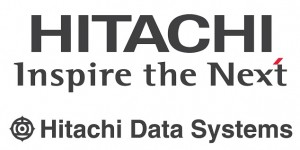2 mins read
Hitachi Data Systems Delivers Next-Generation Hyper-Converged, Scale-Out Platform For Big Data, Powered By Pentaho

Hitachi Data Systems Corporation (HDS) (www.HDS.com), a wholly owned subsidiary of Hitachi,
Tags:
- hitachi data systems careers
- hitachi data systems competitors
- Hitachi Data Systems Corporation
- hitachi data systems jobs
- hitachi data systems linkedin
- hitachi data systems locations
- hitachi data systems products
- hitachi data systems revenue
- hitachi data systems reviews
- hitachi data systems salaries
- hitachi data systems wiki






